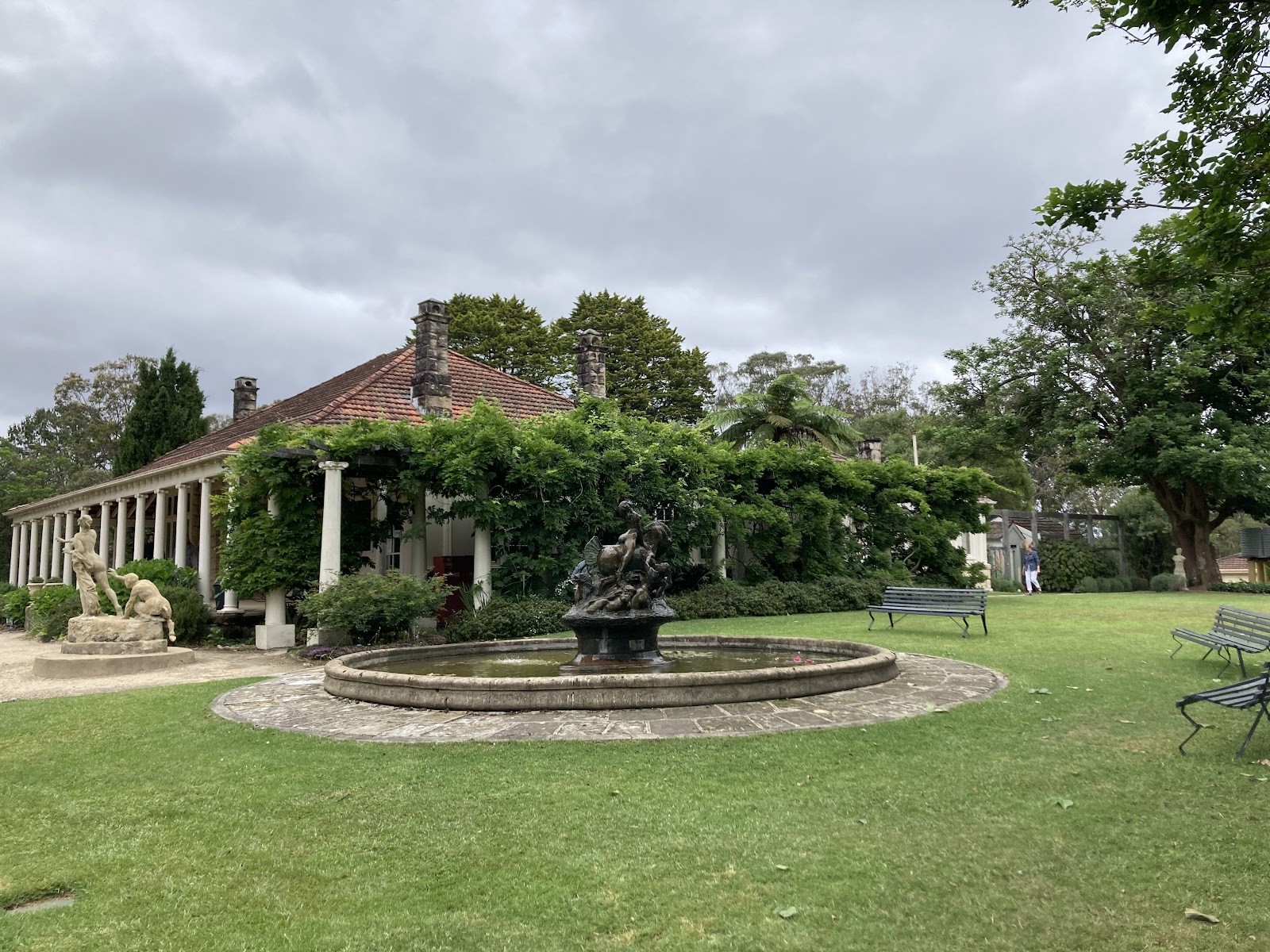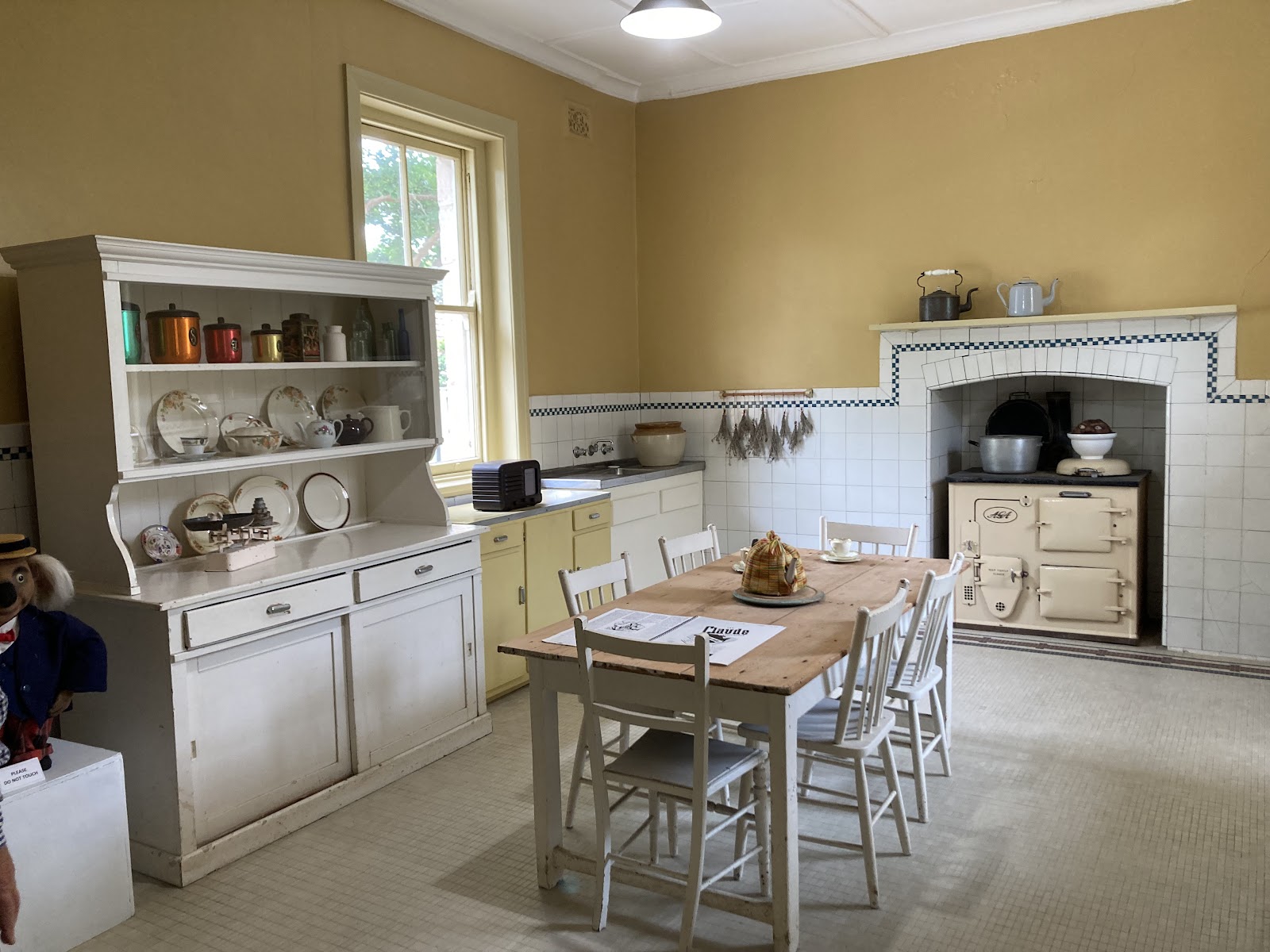Juxtaposing Magic with Bad Behaviour: Griselda Heppel Muses on Norman Lindsay's The Magic Pudding
 |
| The Magic Pudding by Norman Lindsay |
Not a silly question. There’s method in my magicness. Because before I read one of my favourite books as a child, I’d have assumed a story with that word in the title would be about fairies, or wizards, or mysterious lands where animals can talk and rivers run silver… a benign, happy kind of magic in other words. Enid Blyton’s Magic Faraway Tree, for instance, or Aladdin's magic lamp in A Thousand and One Nights, or Alison Uttley’s Magic in my Pocket.
I couldn’t have been more wrong.
How amusing then, to discover from Jeff Sparrow in the Guardian, that Norman Lindsay wrote the book as a result of a disagreement with his friend, Bertram Stevens, over what attracted children to reading. Stevens claimed it was fairies; Lindsay insisted it was food. No contest in my view (and, incidentally, I bet Laura Freeman, author of The Reading Cure: How Books Restored My Appetite would agree with me).
Well, my husband and I have just been to Australia, and, driving through the Blue Mountains, were thrilled to come across Norman Lindsay’s house, now owned by the National Trust. Naturally we had to stop and see it.
Then my uncle returned from Australia with a copy for me of The Magic Pudding by Norman Lindsay.
Nice title, thought I, if a bit predictable. Obviously, a version of the Brothers' Grimm Magic Porridge Pot that miraculously feeds the impoverished family who owns it, without ever running out. (As long as they obey the rules that is. There has to be a catch somewhere.) All about generosity, in other words, from a benign magical instrument.
 |
| Bunyip Bluegum, Barnacle Bill and Sam Sawnoff with a sullen-looking Puddin'. The Magic Pudding by Norman Lindsay. |
I couldn’t have been more wrong.
It took me a while to find out, though, as I wrestled with the sheer alienness of this Australian classic’s references. The hero is a dapper, refined koala called Bunyip Bluegum who, unable to tolerate his Uncle Wattleberry's whiskers in the soup one minute longer, resolves to leave home. After a lot of indecision about the merits of being a bagman or a swagman and some rather stilted poetry - I nearly gave up at this point - he hungrily falls in with two companions, Bill Barnacle, a sailor, and Sam Sawnoff, a penguin, who offer him a slice of the delicious steak and kidney pudding they’re enjoying for lunch. Or rather, the steak and kidney pudding does the offering, in a ‘thick, angry voice’, as the eaters are, in his view, taking too long about it.
And this is where the story takes off. (The verse improves too, which is lucky, there being quite a lot of it.) Far from being a kindly, magnanimous creature, this pudding, called Albert, is grumpy, anarchic, spiteful and insolent, frequently trying, on his long thin legs, to escape his owners, not because he wants freedom but because he scorns their pathetic appetites. No amount of eating diminishes him (I was right about that), and since being eaten is his raison d’être, he has no qualms about being captured by a couple of ne'er-do-wells, a devious possum and a ‘bulbous, boozy-looking wombat,’ as these pudding thieves turn out to be formidable eaters. ‘I’ll back one puddin’ -thief,’ sneers the Puddin’ at an exasperated Bill Barnacle, ‘to eat more in a given time than three Puddin’-owners put together.'
The story builds up to a hilarious court scene and ends with the three friends setting up house together. The Puddin' is given his own little paddock ‘in order that he might have plenty of exercise,’ and ‘whence he can shout rude remarks to the people passing by; a habit… he is very prone to.’
I loved this book. I adored the juxtaposition of magic with bad behaviour, and how this ran counter to the way traditional magical gifts work. Being a child for whom food was important, I also took great satisfaction from the idea of a pudding you could change into any flavour you liked, from steak and kidney to plum duff to apple turnover.
 |
| Norman Lindsay Gallery & Museum, Faulconbridge, NSW, Australila. |
So why this musing on The Magic Pudding?
 |
| Illustration by Norman Lindsay for Great Expectations by Charles Dickens. |
An eye-opener in more ways than one. I had no idea that Lindsay was a painter known for his somewhat, er, sensual paintings. These haven’t aged well, but that fact is more than made up for by his astonishing brilliance as an illustrator.
Oh joy. That is where The Magic Pudding was born.
I bought copies for my grandchildren but they will find it difficult. Published in 1918, much of the language was archaic when I read it in the 1960s, so by now it will be positively ancient. I hope they'll give it a go though. The Puddin's glorious rudeness, and Bill Barnacle's fierce pursuit of the enemy ('Out with our Puddin', or prepare for a punch on the snout') still come through.
Above all, as Jeff Sparrow puts it, the story is about ‘the simple pleasures of eating, singing and fighting.'
Goodness knows, children need a few joyous stories about those nowadays.
Griselda Heppel will be at Table 48N at
Examination Schools, High St, Oxford, OX1 4BG
SUNDAY 1st DECEMBER 2024, 11 am - 4.30 pm.


Comments
It made me think about how we come to write these pieces and I will have to look up Laura Freeman. I couldn't access the Times article you referred to.
Thanks for the post